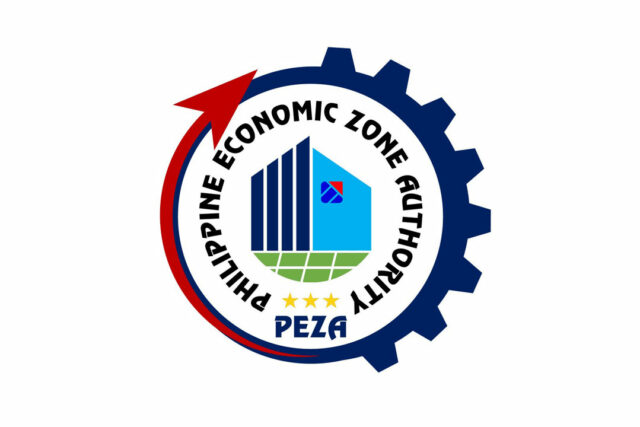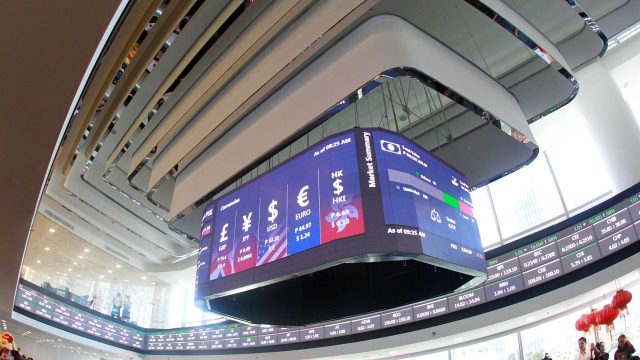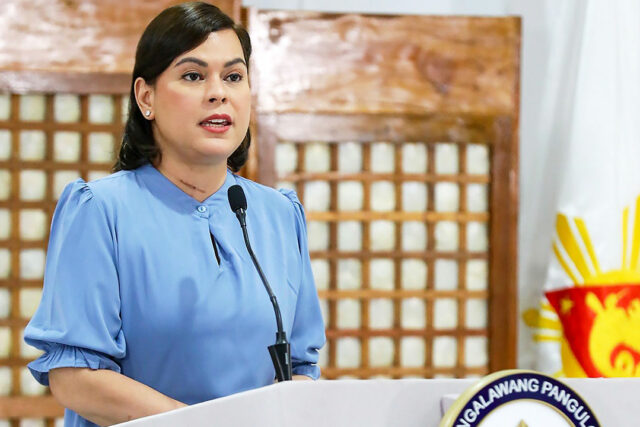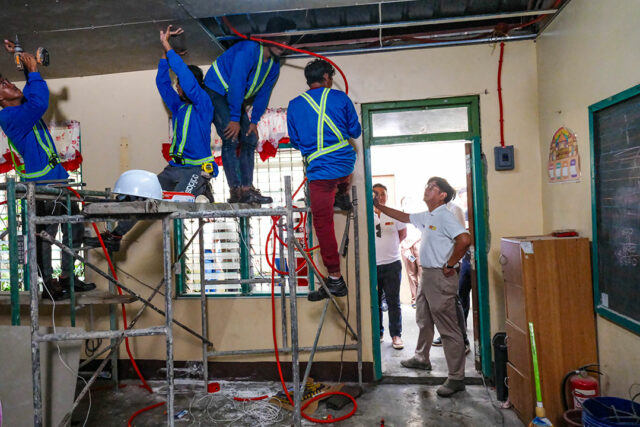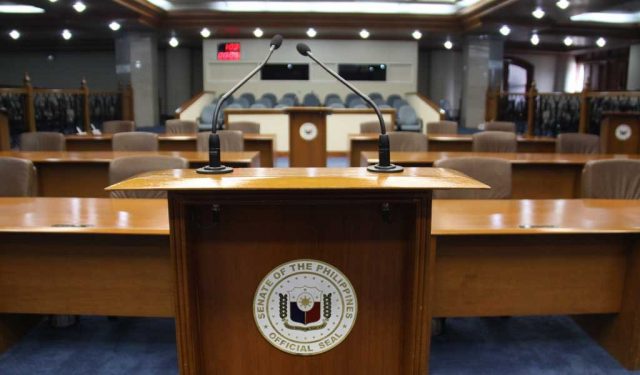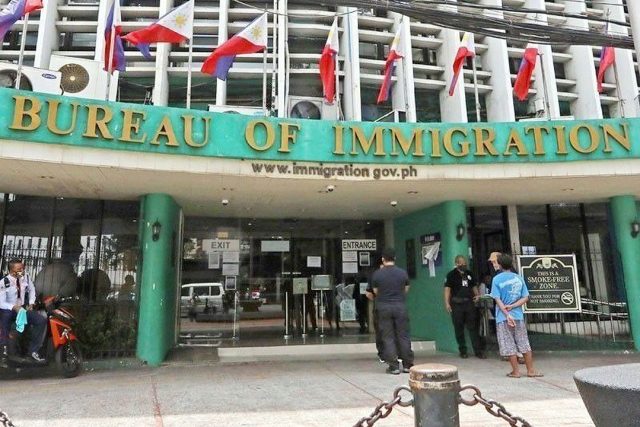IEMOP budget request under review by ERC
By Sheldeen Joy Talavera, Reporter
THE Energy Regulatory Commission (ERC) will review a budget request by the Independent Electricity Market Operator of the Philippines (IEMOP) for an additional P1.1 billion to cover the cost of a new market management system for the Wholesale Electricity Spot Market (WESM).
“We acknowledge the requirement to update the MMS (market management system) currently used especially with the influx of additional RE (renewable energy) generators and increased participation of suppliers and contestable consumers in the WESM over the last few years,” ERC Chairperson and Chief Executive Officer Monalisa C. Dimalanta told BusinessWorld.
Ms. Dimalanta said that the commission will review the budget request “to ensure that costs for such upgrading are reasonable and prudent.”
In its filing with the ERC, IEMOP proposed that market transaction fees cover the cost of the IEMOP Electricity Market Management System (IEMMS) project from 2025 to 2027, which is “urgently needed” by the WESM.
IEMOP asked the ERC to grant provisional authority to impose additional market fee to be collected over four years on power generators, “according to the volume traded by each in the WESM energy and reserve market.”
The fee will be imposed in addition to the prevailing market fee at the time of the ERC’s approval, IEMOP said.
IEMOP said that the current MMS, which was commissioned in 2015, can no longer be supported with supplier updates and has shown signs of degrading performance.
“Moreover, the current MMS is increasingly constrained by technological obsolescence because its hardware and software components, which form the backbone of market operations, are now approaching or have reached their end-of-support period,” the IEMOP said.
“This includes critical elements such as the database management system, operating system, and middleware, which will no longer receive security patches, technical support, or updates from the third-party software vendors,” it added.
IEMOP said that these issues have resulted in “software instability, performance degradation, escalating maintenance cost, compatibility issues, and security vulnerabilities.”
“Leveraging the use of newer technologies, the IEMMS Project aims to meet the demands, as well as the dynamic and complex requirements of the WESM, including increased transaction volumes, integration of renewable energy sources, energy storage systems and compliance with regulatory standards,” IEMOP said.
Nic Satur, Jr., chief advocate officer for Partners for Affordable and Reliable Energy (PARE), raised concerns about potential pass-through charges.
“There are benefits to improved market infrastructure—like faster clearing times, better data transparency, and potentially fewer imbalances in the spot market. However, these benefits must be clearly demonstrated, quantified, and felt by consumers—not just promised,” he said via Viber.
PARE urged the ERC to require a full cost-benefit analysis and public hearings before granting approval.
The group also proposed exploring alternative funding mechanisms such as using a portion of energy-related taxes to help subsidize the cost of necessary infrastructure upgrades.
“To be clear: PARE supports modernization, but not at the expense of consumer welfare,” Mr. Satur said. “If the goal is a more efficient energy market, then let it also be consumer centered and affordable.”


